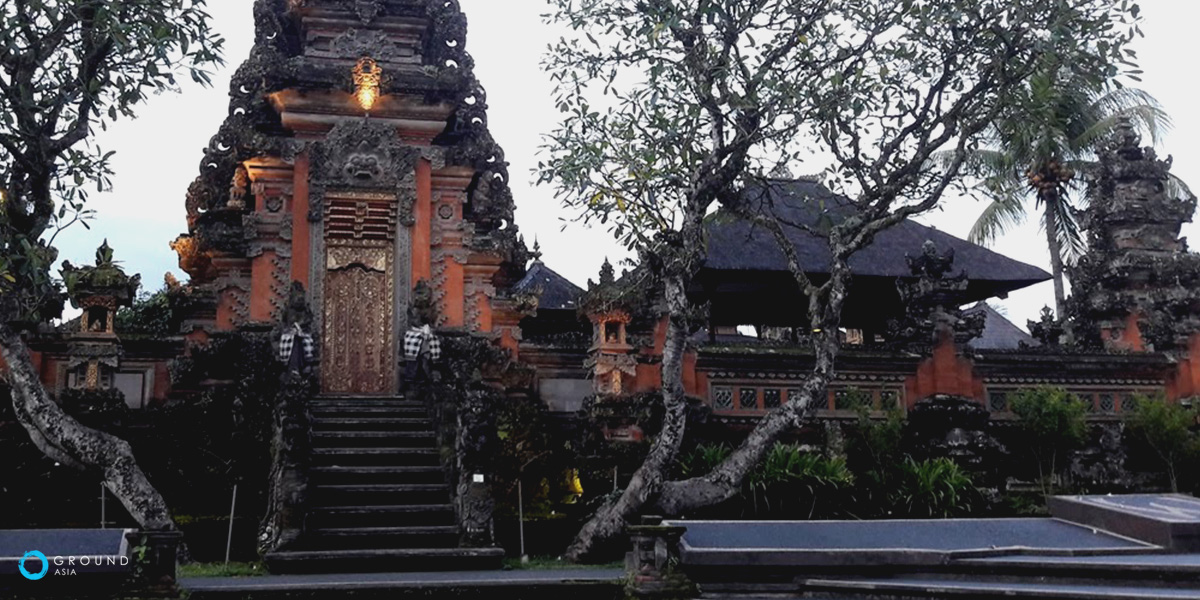
Balinese Day of Silence
Author : Khiri Campus | Tag : Indonesia, Local Culture, Outdoor Adventure

Nyepi or Balinese Day of Silence is a Hindu celebration that is mainly celebrated in Bali. Devout Hindus celebrate it every Saka new year according to the Balinese calendar. People use this moment to be with themselves, spiritually cleanse, and practice introspection. Before the Day of Silence starts, there are other rituals to be held. The extensive series of the rituals include Melasti, Ngerupuk, Nyepi, and Ngembak Geni.
The first ceremony is the Melasti. The purpose of this ceremony is purification. The purpose of purification conducted by Balinese Hindus is to rid themselves of various unacceptable actions and behaviors that have been done in the past. Melasti is celebrated two days prior to Nyepi. This event is ordinarily done at the beach, however, it is also possible that this ceremony is held at other water sources, like lakes. People will wear white clothes and come in droves to where the Melasti ceremony will be conducted. They will bring various offerings and heirlooms to be cleansed after carrying them around the village.

The following ritual is Ngerupuk. This ceremony is meant to drive out Butha Kala, an iconic symbol for evil. The ceremony is performed a day before the Day of Silence. Ngerupuk is carried out by spreading rice and putting torches around the house. People will also be striking objects to make loud noises. This is to force out wicked spirits from the house and the surrounding environment. In Bali, Ngerupuk is traditionally celebrated by the Ogoh-ogoh parade, which represents a visible embodiment of Butha Kala. Ogoh-ogoh is a giant figure that is carried around the village and then later burned. The intended purpose is the same: to drive out the bad spirit.

The next day, Nyepi or the Day of Silence begins. It typically begins at 6 a.m. until 6 a.m. the next day. There are four main restrictions: no fires, no working, no entertainment, and no traveling. Some Hindus do not talk or eat during this sacred ritual. As an effect, Bali will be quieter than usual. The bustling streets will be empty and only a few visible signs of activities inside the local houses. Although Nyepi is a Hindu ceremony, non-Hindu, including tourists, are not exempt from the cultural restrictions. While non-Hindu residents and tourists are able to do whatever they would like in private, no one is allowed to go to the beaches or the public streets. The airport in Bali will also closed for the entire day. The exception can be made for emergency situations only.
After the main ritual is over, then comes the Ngembak Geni ceremony. Ngembak Geni means ‘relighting the fire.’ The social activity starts again quickly. Family and friends gather to ask forgiveness from one another. They also perform certain religious activities together. People will then relight the fire and do their normal routines as they welcome the new days to come.


